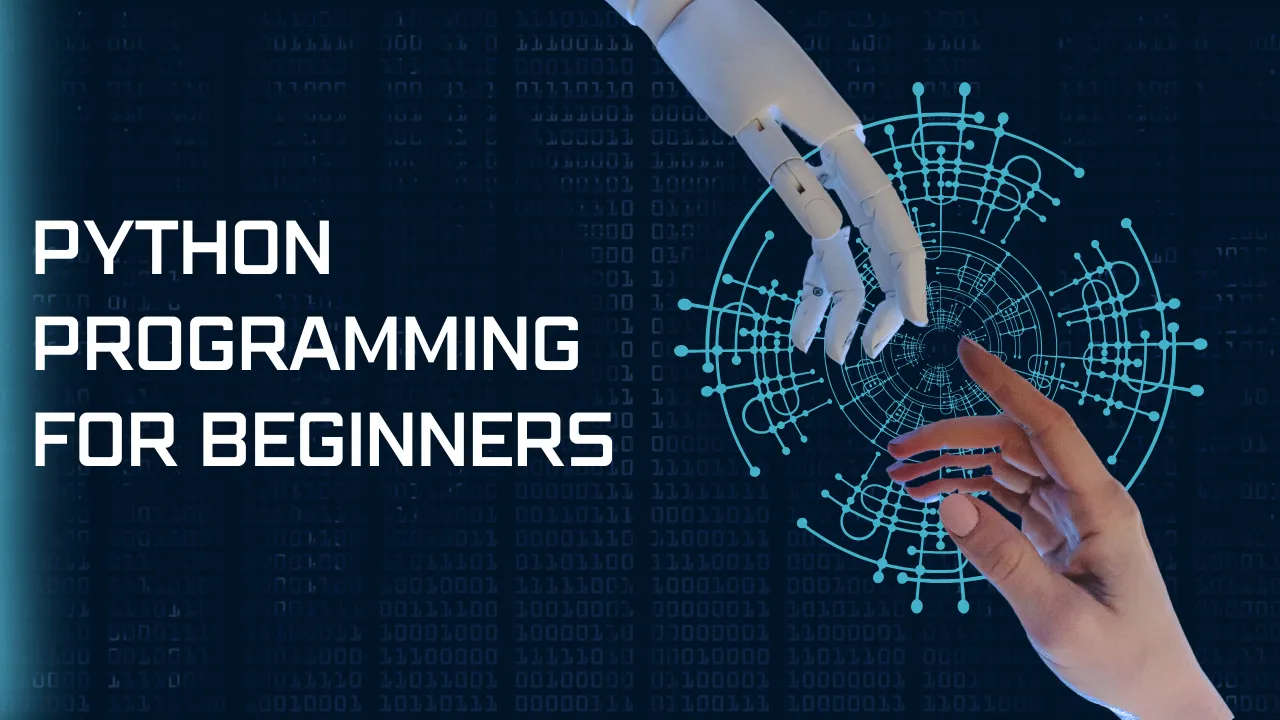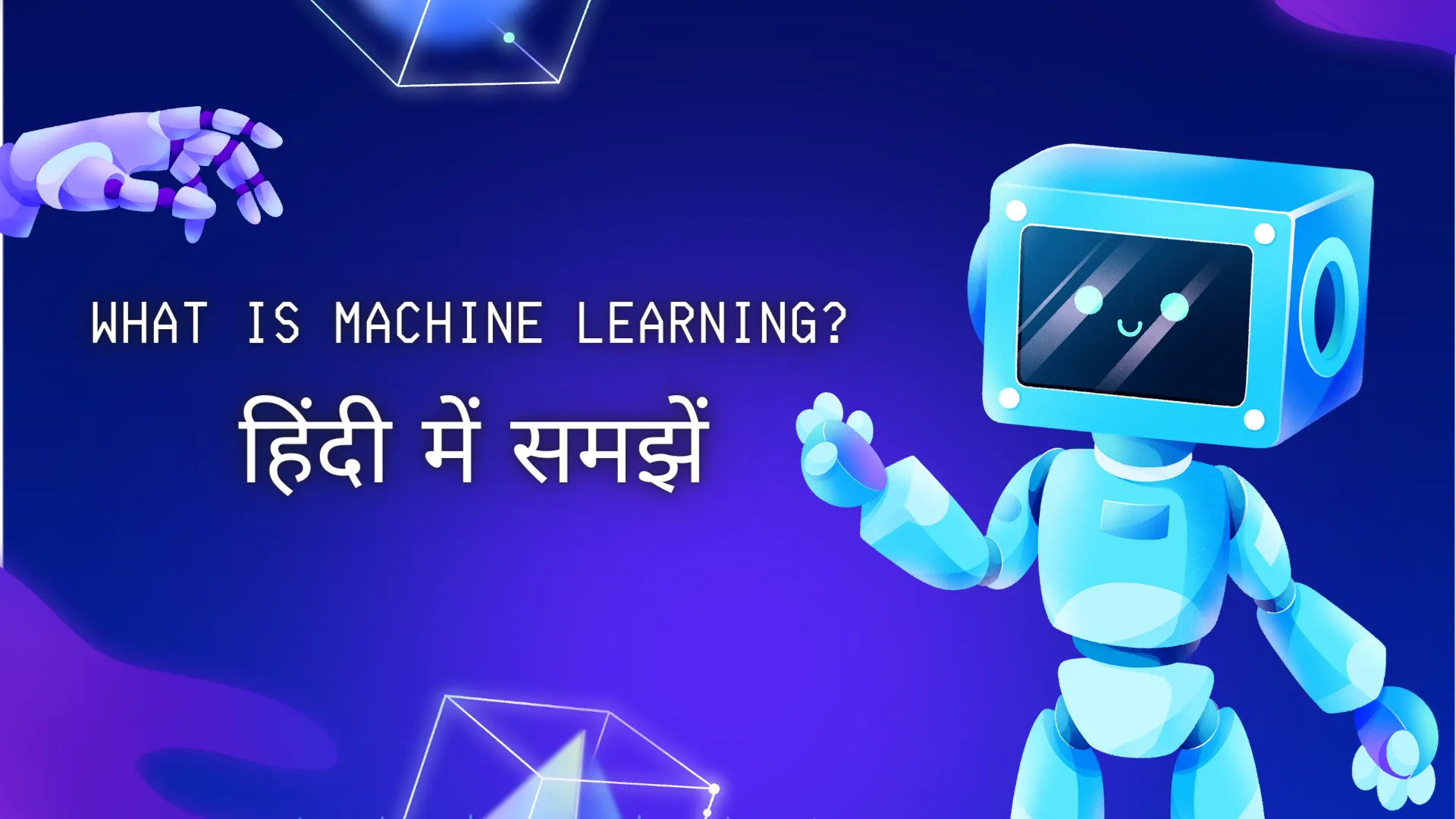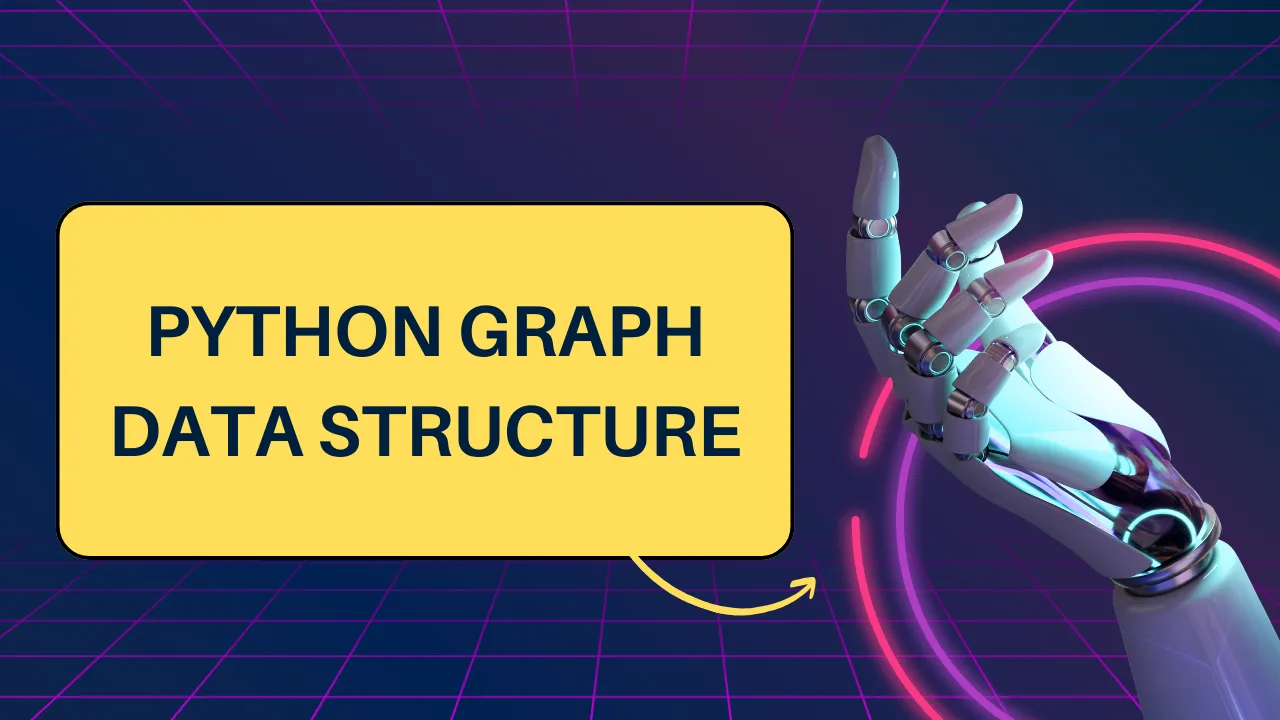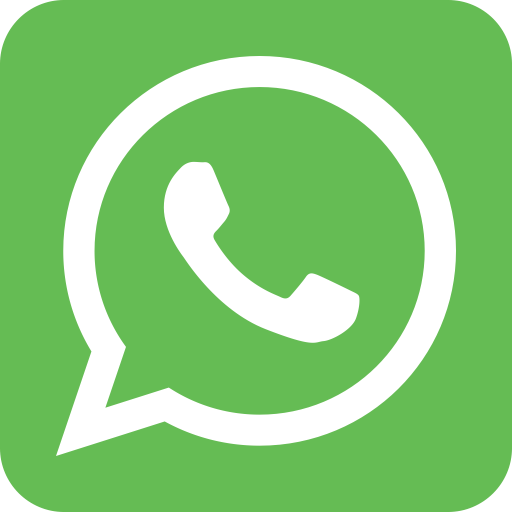Python Programming for Beginners
Python is a versatile and beginner-friendly programming language that has gained immense popularity in recent years. Its simplicity, readability, and wide range of applications make it an ideal choice for those who are new to programming. In this article “Python Programming for Beginners”, we will take you on a journey through the basics of Python programming, helping you get started without diving into code intricacies.
Introduction to Python Programming
A brief introduction to Python
Python is a high-level, general-purpose programming language created by Guido van Rossum and first released in 1991. It is known for its elegant and easy-to-read syntax, making it an excellent choice for beginners. Python is versatile and can be used for web development, data analysis, artificial intelligence, and more.
Why Python is a popular programming language
Python’s popularity can be attributed to several factors. It offers a vast standard library, which simplifies programming tasks. Python’s readability reduces the cost of program maintenance and development. It is cross-platform, so you can write code on one operating system and run it on another without modification. Python also has a large and active community, which means plenty of resources and support for beginners.
Setting Up Python
Installing Python
Before you start coding in Python, you need to have it installed on your computer. Python is available for Windows, macOS, and Linux. You can download the latest version from the official Python website, and the installation process is straightforward.
Choosing an IDE
An Integrated Development Environment (IDE) is a software application that provides a convenient environment for writing, debugging, and running your Python code. Some popular Python IDEs include PyCharm, Visual Studio Code, and Jupyter Notebook. Choose an IDE that suits your needs and preferences.
Basic Python Concepts
Variables and data types
In Python, you can create variables to store data. Python supports various data types, including integers, floats, strings, and booleans. Learning how to work with variables and data types is fundamental to Python programming.
Operators and expressions
Python provides a wide range of operators for performing operations on data. From simple arithmetic operations to complex logical comparisons, understanding operators and expressions is crucial.
Control Structures
Conditional statements
Conditional statements, such as if, elif, and else, allow you to make decisions in your code. You can execute different blocks of code based on specified conditions.
Loops
Loops, including for and while loops, are used to repeat a set of instructions. They are essential for automating tasks and processing data.
Functions and Modules
Defining functions
Functions are reusable blocks of code that perform a specific task. Learning how to define and call functions is vital in Python programming.
Working with modules
Python modules are collections of functions and variables bundled together. You can use these modules to extend Python’s capabilities and save time.
Data Structures
Lists, tuples, and dictionaries
Python offers various data structures to store and manipulate data efficiently. Understanding how to work with lists, tuples, and dictionaries is essential for any Python programmer.
Working with these data structures
You will learn how to perform common operations on these data structures, such as adding, removing, and iterating through elements.
File Handling
Reading and writing files in Python
File handling is crucial when working with external data. You will discover how to read data from files and write data to files in Python.
Error Handling
Handling exceptions and errors in Python
Every programmer encounters errors in their code. Python provides mechanisms to handle these errors gracefully, ensuring your programs run smoothly.
Object-Oriented Programming (OOP)
Introduction to OOP
Object-Oriented Programming is a programming paradigm that helps in organizing and structuring code. Python supports OOP, and you will learn the basics of classes and objects.
Creating classes and objects
You will understand how to define classes, create objects from those classes, and work with object-oriented concepts in Python.
Python Libraries
Overview of popular Python libraries
Python has a rich ecosystem of libraries that can significantly speed up your development process. We will introduce you to some of the most popular ones.
How to use them in your projects
You will learn how to incorporate these libraries into your Python projects, extending their functionality.
Best Practices in Python Programming
Coding conventions and style guides
Following coding conventions and style guides is essential for writing clean and maintainable code. We will introduce you to some best practices.
Tips for writing clean and efficient code
Learn tips and tricks to make your Python code more efficient and readable.
Python for Web Development
An overview of web frameworks
Python offers various web frameworks, such as Django and Flask. You will get an overview of these frameworks and their uses.
Building a simple web application
We will guide you through creating a basic web application using a Python web framework.
Python for Data Science
Python’s role in data analysis and machine learning
Python is widely used in data science and machine learning. We will explain why and how it is used in these fields.
Tools and libraries for data science
Discover the tools and libraries that data scientists rely on for their work.
Python for Automation
Automating repetitive tasks with Python
Python is a powerful tool for automating repetitive tasks. We will provide real-world examples of automation.
Conclusion
In this article, we have covered the essential aspects of Python programming for beginners. We’ve explored the language’s fundamentals, discussed best practices, and touched on its applications in web development, data science, and automation.
Python is an excellent choice for those taking their first steps into the world of programming. With a strong community, an array of libraries, and endless possibilities, Python can open doors to exciting career opportunities and personal projects.
So, don’t hesitate; start your Python journey today!
Frequently Asked Questions (FAQs)
- Is Python a good language for beginners?
- Yes, Python is considered one of the best programming languages for beginners due to its simplicity and readability.
- What is the difference between Python 2 and Python 3?
- Python 2 and Python 3 are different versions of Python. Python 3 is the latest and recommended version, while Python 2 is no longer supported.
- Do I need a powerful computer to run Python?
- No, Python is a lightweight language, and you don’t need a high-end computer to run it.
- Can I build mobile apps with Python?
- Yes, you can build mobile apps using Python with frameworks like Kivy and BeeWare.
- Where can I find Python resources for further learning?
- You can find Python tutorials, documentation, and courses online, and there are many Python books available as well.





